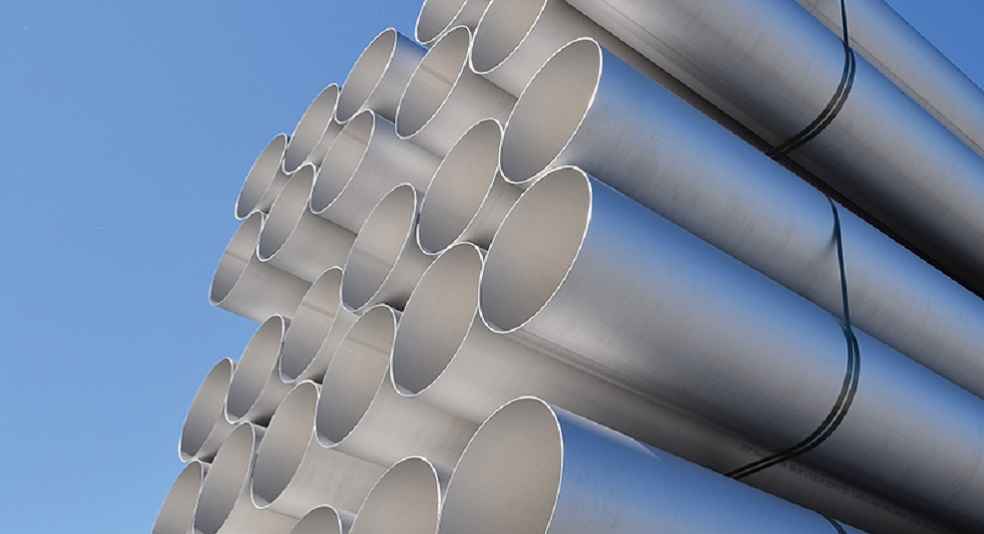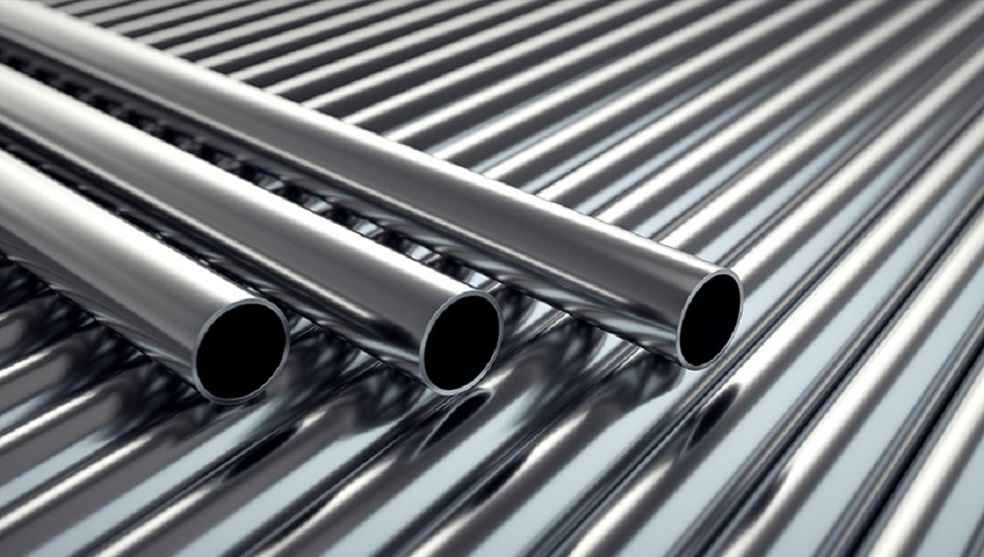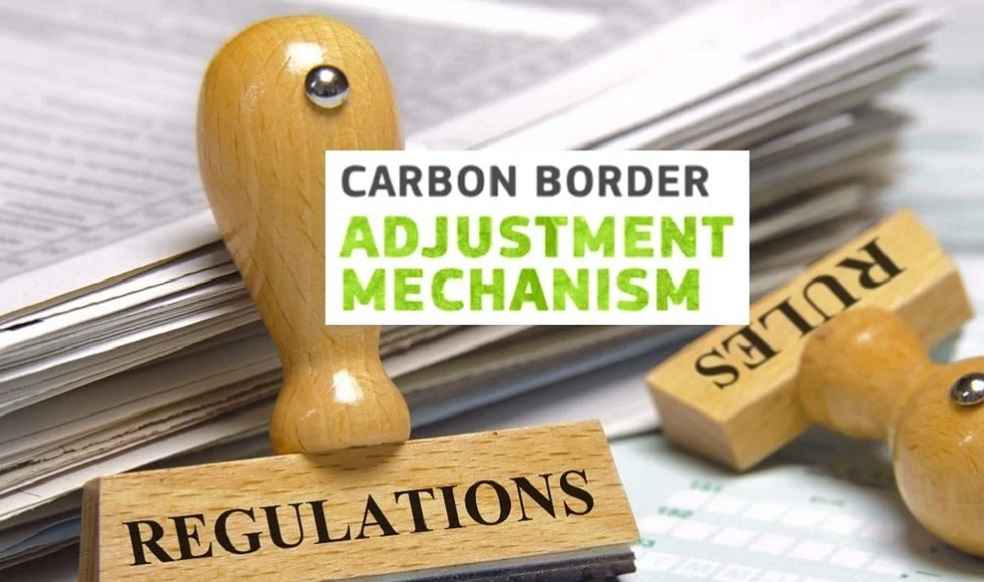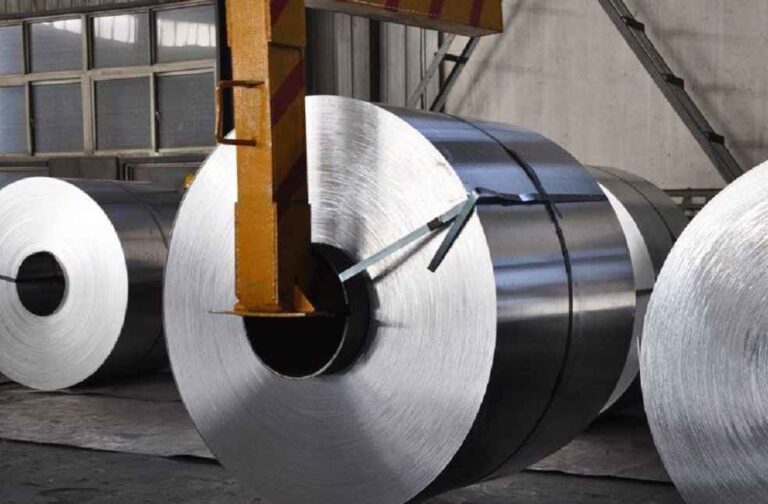The European Union’s rigorous enforcement of trade rules has markedly curtailed the influx of steel imports, causing significant shifts in international trade dynamics.
Triggered by Eurofer’s alarm over potential trade rule circumventions, the European Commission’s deep dive into stainless steel cold-rolled flat products from Indonesia has expanded its scope. As a consequence, the quota utilization for Taiwan and Turkey has seen a steep decline to 9% and 11%, respectively, as of October 30, 2023—a stark departure from their full or nearly full utilization the previous year.
This scrutiny by the Commission has led to a notable trade downturn of 55,186 tonnes, altering the EU’s import patterns. The preemptive move by the Commission to require immediate registration for imports has acted as a formidable deterrent against rule breaches.

With duties on Indonesian products imposed since late 2021 and early 2022, the Commission’s action in August this year zeroed in on trade pattern shifts that suggested attempts to skirt these rules by rerouting products through other nations for further processing.
Investigations by Eurofer have brought to light that Indonesian steel, ostensibly shipped to countries such as Taiwan, Turkey, and Vietnam for finishing, still represents a significant portion of the value of the final products entering the EU. This revelation is critical in detecting and addressing circumvention practices.
The allure of steel imports into Europe is currently on the wane, a trend influenced by an economy beleaguered by persistent inflation and soaring interest rates. The singular exception remains India’s stainless bars and sections, with the final quarter’s quota swiftly allocated.

Insights from industry players suggest that the shadow of the European Commission’s ongoing probe and the potential imposition of backdated tariffs have played roles in dissuading import activities. Consequently, steel intended for the European market may be held at bay, with sellers seeking markets beyond the EU.
Earlier this year, an investigative outcome applied antidumping duties on Turkish products, mirroring those on Indonesian steel, following evidence of evasive rerouting. The current investigation could potentially yield a parallel response.
The prospect of additional duties casts a long shadow, potentially enhancing the competitive position of European steel manufacturers. This situation is compounded by the recent enforcement of carbon emission reporting for steel imports under the Carbon Border Adjustment Mechanism (CBAM), further tempering the attraction of non-EU steel.

Negotiations on the EU-US Global Arrangement on Sustainable Steel and Aluminium (GASSA) also cast a long shadow over trade prospects. Delayed from an October 20 announcement to the year’s end, the outcome could trigger a reinstatement of US tariffs or introduce new ones under the agreement, possibly reigniting debates around protectionism sparked by the CBAM.
The EU’s proactive defense of its trade principles reflects a commitment to equitable commerce while navigating the intricate global trade ecosystem. With critical negotiations and decisions looming, the international community is watching closely as the EU’s stance on steel imports evolves.
IMEX SECTOR | Brazil and India Sweetening Trade with Ethanol Tech Share



